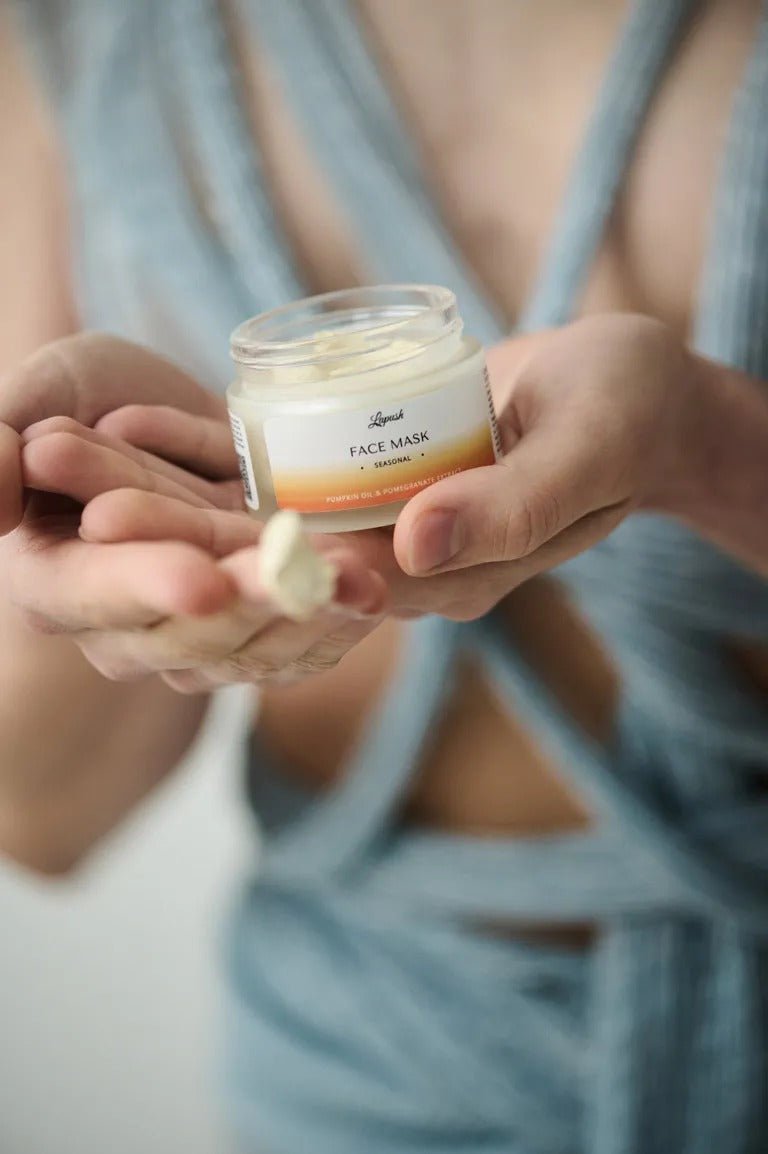
How to choose a cream for oily skin and create your own beauty recipe
Oily skin occurs due to excess secretion of sebum, an oily substance produced by the sebaceous glands of the skin. The main factors that determine oily skin are hormonal changes, genetics, environmental conditions, age and skin care. Hormonal changes, such as during adolescence or pregnancy, can increase sebum production. Genetics can also determine a predisposition to oily skin.
Climatic conditions, air humidity and environmental pollution can also affect the work of the sebaceous glands. In adulthood, sebum production may decrease. Improper care, the use of aggressive cosmetics or insufficient hygiene can also lead to the active work of the sebaceous glands.
Features of oily skin include increased susceptibility to blackheads, acne, enlarged pores and shine. Understanding these features helps you choose the right skin care products to balance and maintain healthy skin.
Careful selection of cosmetics for oily skin
Oily skin can be a challenge when choosing cosmetics, but the right approach will help you make a balanced and effective choice. One of the main factors is determining the needs of your skin: control sebum production and mattify without drying.
Avoid using aggressive products that can cause overproduction of sebum. Instead, opt for lightweight, non-greasy formulas that allow skin to breathe. Pay attention to the composition of products, choosing those that contain salicylic acid or hyaluronic acid to solve specific problems.
Another important aspect is the regularity of care. Make the difference between day and night care, choosing products based on the needs of your skin at different times of the day. Such an individual approach will allow you to provide your skin with the necessary components as much as possible, without overstretching it.
Sebum control: the key to healthy oily skin
Careful care of oily skin involves not only choosing the right products, but also regulation of sebum production. Use mattifying bases for make-up and choose toners with tea tree extract to reduce shine. Consider using hydrogels or light gel creams that will provide adequate hydration without overloading the skin.
It is also necessary to take into account the influence of external factors. In summer, use products with SPF, and in winter, choose moisturizing formulas. It is important to monitor the condition of the skin and adapt your care depending on the season and changing skin needs.
Trust the professionals: consultation of a dermatologist
Despite all the advice, the best solution is to consult a dermatologist. A professional will provide individual recommendations, taking into account the characteristics of your skin and determining the optimal set of products for daily care. Believe in your own beauty and prefer careful care that will support the health and beauty of your skin.
Choose the perfect cream: tips for choosing for oily facial skin
Choosing the right cream for oily face can be a key step in skin care. To ensure the optimal effect, several important criteria should be followed.
-
Incomplete hydration: It is important to choose creams with a light texture that will keep the skin moist without leaving a heavy film. Avoid greasy formulas and opt for ones that contain hyaluronic acid or lightweight hydrogel components.
-
Non-comedogenic components: It is important to choose creams with a non-comedogenic composition, that is, those that do not form ink or clog pores. It helps to avoid blackheads and acne.
-
Matting properties: Pay attention to creams with a matting effect. They will help control excessive sebum production and reduce skin shine.
-
Presence of active ingredients: Look for creams with active ingredients that regulate the work of the sebaceous glands. For example, salicylic acid, niacinamide, and tea tree extracts can be beneficial for oily skin.
-
Light consistency: Give preference to creams with a light, fast-absorbing consistency. Such creams will help to avoid the feeling of heaviness and greasiness on the face.
-
Hypoallergenic products: If you have sensitive skin, choose hypoallergenic and fragrance-free creams to avoid irritation.
Remember that an effective cream for oily skin must be selected individually, as the skin's reaction to different products can vary. Start with a small amount and observe the skin's reaction before deciding whether a particular cream meets your needs.










